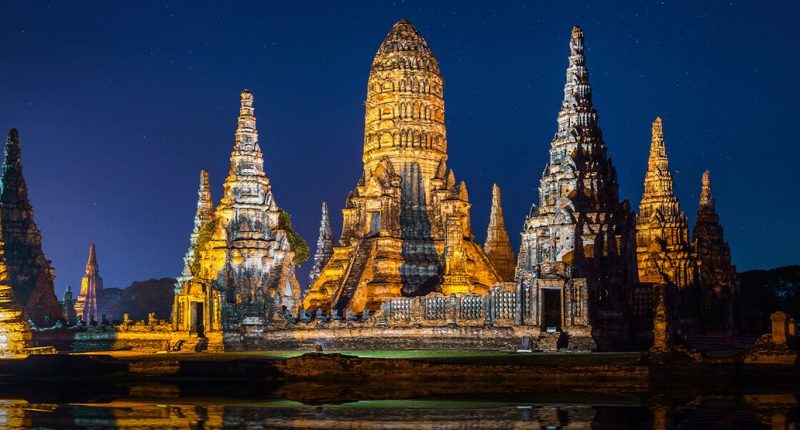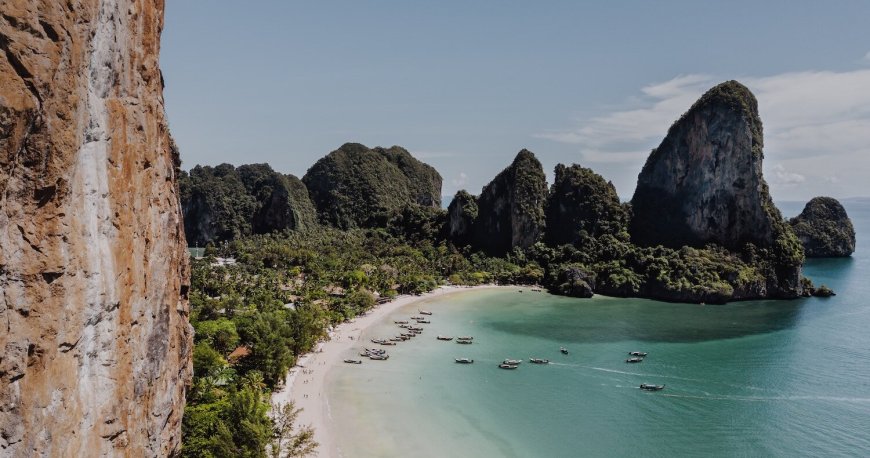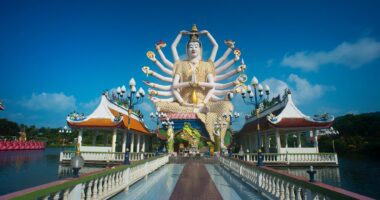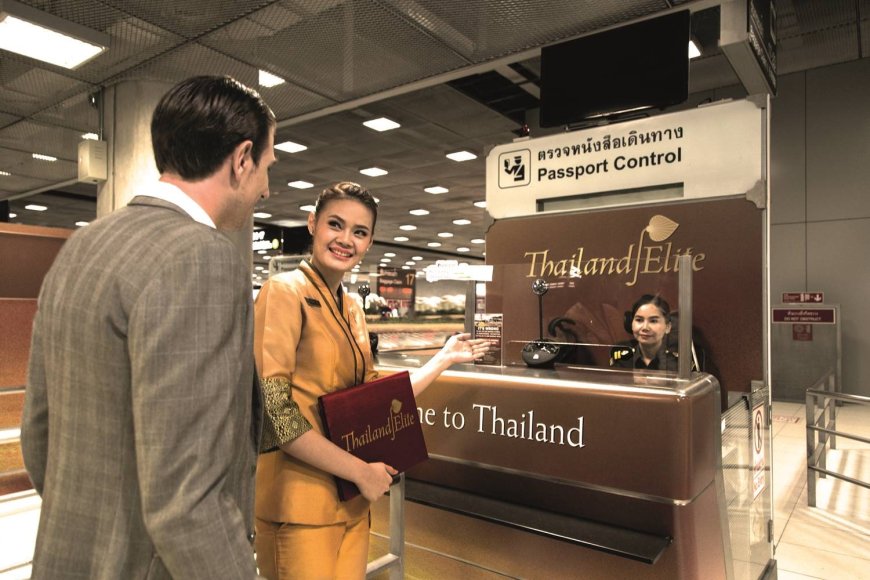Thailand is known for its vibrant culture, delicious cuisine, and breathtaking landscapes. However, one of its most significant and awe-inspiring attractions is its rich religious heritage, embodied in the country’s magnificent temples, or “wats.” These sacred sites offer a deep glimpse into the spiritual heart of Thailand, revealing the nation’s strong connection to Buddhism and its ancient traditions. Let’s embark on a cultural journey through some of Thailand’s most revered temples.
The Spiritual Importance of Temples in Thailand
Temples, or wats, are integral to Thai life and culture. They serve as places of worship, learning, and community gathering, making them pivotal in the lives of the Buddhist population. There are over 40,000 temples in Thailand, ranging from grand royal temples to smaller local ones. Each holds its own unique significance, reflecting the art, history, and spiritual devotion of the Thai people.
Temples as Centers of Faith and Tradition
- Why they matter: Temples in Thailand are not just religious structures; they are centers for education, cultural preservation, and social life.
- Buddhism’s influence: The majority of Thailand’s population practices Theravada Buddhism, and temples often play a crucial role in teaching moral values and offering spiritual guidance.
Must-Visit Temples in Thailand
Wat Phra Kaew – The Temple of the Emerald Buddha
Located in the heart of Bangkok’s Grand Palace complex, Wat Phra Kaew is considered the most sacred Buddhist temple in Thailand. Home to the revered Emerald Buddha, this temple is a must-visit for anyone interested in Thai history and spirituality.
- What makes it special: The Emerald Buddha, carved from a single piece of jade, is a national treasure. The temple’s intricate artwork and golden stupas also reflect Thailand’s rich craftsmanship.
- Tips for visitors: Remember to dress modestly, covering shoulders and knees, as the temple is a deeply spiritual site.
Wat Pho – The Reclining Buddha and Thai Massage
Another iconic temple in Bangkok, Wat Pho, is famous for its enormous Reclining Buddha statue and its status as a center for traditional Thai massage.
- What makes it special: The 46-meter-long gold-plated Reclining Buddha symbolizes the Buddha’s passing into Nirvana. Wat Pho is also the birthplace of Thai massage, and visitors can enjoy a traditional massage on the temple grounds.
- Tips for visitors: Arrive early to avoid crowds and spend time exploring the temple’s beautiful murals and statues.
Wat Arun – The Temple of Dawn
Wat Arun, also known as the Temple of Dawn, is one of Bangkok’s most stunning landmarks. Situated on the banks of the Chao Phraya River, this temple is particularly breathtaking at sunrise or sunset.
- What makes it special: The temple’s central prang (tower) is covered in intricate porcelain mosaics that shimmer in the sunlight. It offers a stunning panoramic view of the city from the top.
- Tips for visitors: Climbing the steep steps to the top of Wat Arun provides incredible views but requires caution, so be prepared.
Wat Rong Khun – The White Temple
Located in Chiang Rai, Wat Rong Khun is a modern, unconventional temple designed by artist Chalermchai Kositpipat. It is known for its striking white exterior, symbolizing purity.
- What makes it special: Unlike traditional Thai temples, Wat Rong Khun is a blend of contemporary art and Buddhist teachings. Its design is full of symbolic elements, from the bridge of rebirth to the murals inside depicting both spiritual and worldly struggles.
- Tips for visitors: Wat Rong Khun is privately owned, and donations are encouraged to maintain the site’s upkeep.
Wat Phra That Doi Suthep – Chiang Mai’s Sacred Mountain Temple
Perched on a mountain overlooking Chiang Mai, Wat Phra That Doi Suthep is one of northern Thailand’s most sacred temples. It is an essential pilgrimage site for many Thai Buddhists.
- What makes it special: The temple’s golden chedi (stupa) and sweeping views of Chiang Mai make it a popular destination. Legend has it that a relic of the Buddha is enshrined here, giving it immense spiritual significance.
- Tips for visitors: Be prepared for a climb up the 300-step staircase to reach the temple, or take a tram if you prefer. Visiting in the early morning offers a more peaceful experience.
Etiquette for Visiting Thai Temples
When visiting temples in Thailand, it’s important to observe certain etiquette to show respect for local customs and religious practices.
Dress Modestly
- What to wear: Visitors should wear clothing that covers their shoulders and knees. Temples are sacred spaces, and dressing modestly is a sign of respect.
- Footwear: Shoes should be removed before entering any temple building. You will often see shoes left at the entrance.
Be Mindful of Photography
- Respect the space: While taking photos is generally allowed in temple courtyards, avoid using flash, especially in areas where people are praying. Always ask for permission before photographing monks or religious ceremonies.
Show Respect in Sacred Spaces
- Silence and calm: Keep conversations quiet and avoid loud behavior. It’s important to maintain a respectful demeanor in temples, as they are places of worship.
- Offerings and donations: Making small offerings, such as lighting incense or donating money to the temple, is a common way to show respect and contribute to the upkeep of the sacred space.
Conclusion: Discover Thailand’s Spiritual Heart Through Its Temples
Thailand’s temples offer more than just beautiful architecture; they are windows into the country’s soul. Whether you’re exploring the ancient relics of Wat Phra Kaew, meditating at Wat Phra That Doi Suthep, or marveling at the artistic beauty of Wat Rong Khun, each temple provides a unique and meaningful experience. By respecting local customs and appreciating the cultural and spiritual significance of these sites, travelers can deepen their understanding of Thailand’s rich heritage.









